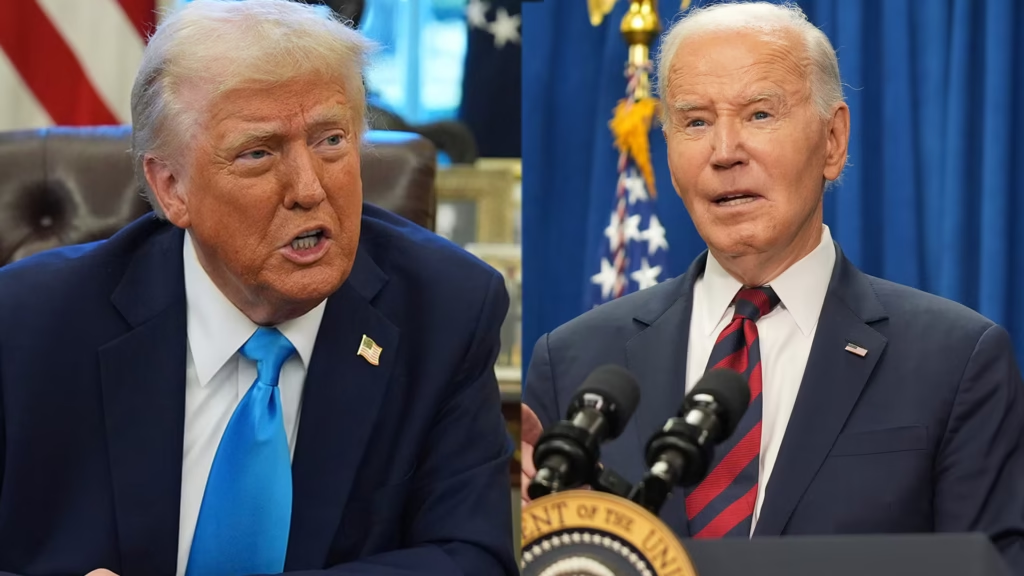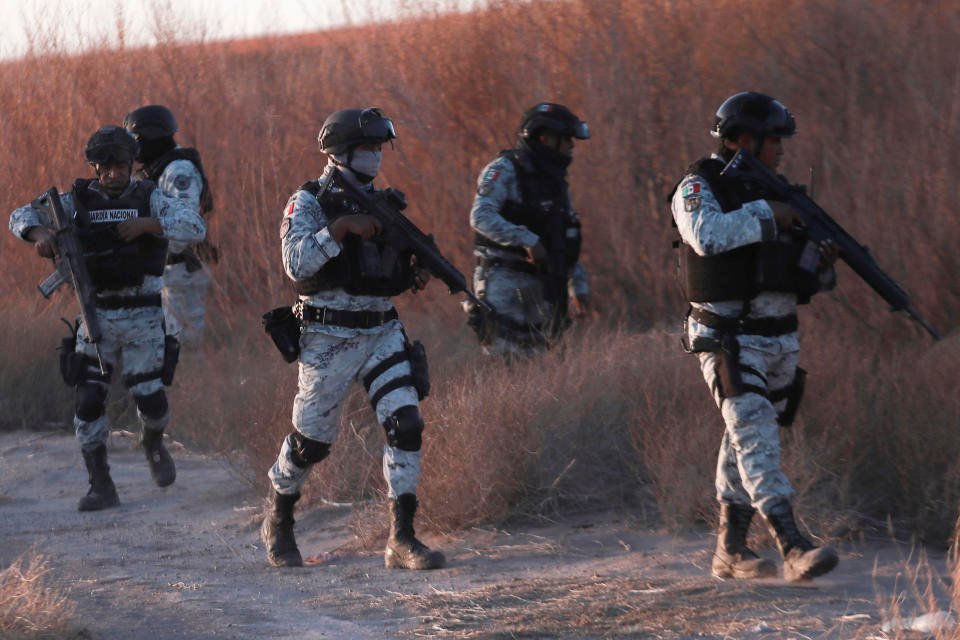In a controversial move, President Donald Trump has signed an executive order ending the automatic granting of U.S. citizenship to children born on American soil to undocumented immigrants. This marks one of Trump’s first major actions since his inauguration for a second term as U.S. President.
The executive order has already triggered lawsuits filed by 22 Democrat-controlled states and two cities—Washington, D.C., and San Francisco. Alongside these legal actions, several civil rights organizations have joined the fight, arguing that the move is unconstitutional.
Key Details of the Executive Order
The order targets the longstanding U.S. practice of birthright citizenship, under which children born on American soil automatically become U.S. citizens regardless of their parent’s immigration status. Trump has directed federal agencies to deny citizenship documentation to children born in the U.S. to undocumented immigrants or those on temporary visas.
Critics argue that this directive violates the 14th Amendment of the U.S. Constitution, which guarantees citizenship to all individuals born in the country. Legal experts note that changing this provision would require Congressional approval by a two-thirds majority in both houses or a constitutional amendment, a challenging process given the political climate.
Legal Challenges
Multiple lawsuits have been filed in federal courts in Massachusetts and New Hampshire, where hearings will likely take place. Plaintiffs argue that the executive order undermines constitutional protections and exceeds the President’s authority.
The American Civil Liberties Union (ACLU) and immigrant advocacy groups have also filed lawsuits, emphasizing that the order disregards the foundational values of the U.S. and threatens vulnerable immigrant communities.
Political and Legal Reactions
Matthew Platkin, the Attorney General of New Jersey, stated, “This lawsuit sends a clear message to the Trump administration: we will stand up for our residents and their fundamental constitutional rights.”
Meanwhile, Democrats and civil rights activists have criticized Trump’s broader immigration policies, accusing him of fostering division and undermining American values.
Even as lawsuits mount, Trump’s administration faces another challenge: defining how the executive order will be enforced without violating constitutional safeguards. Observers expect the legal battle to escalate to the First U.S. Circuit Court of Appeals, whose panel of judges—all appointed by Democrat presidents—could influence the proceedings.
Broader Implications
The controversy comes amid mounting opposition to other Trump executive orders, including efforts to weaken government employees’ job protections and establish the Department of Government Efficiency, led by Elon Musk.
This legal battle is poised to become one of the most significant constitutional challenges of Trump’s presidency, testing the boundaries of executive authority and potentially reshaping immigration policy in the United States.
















